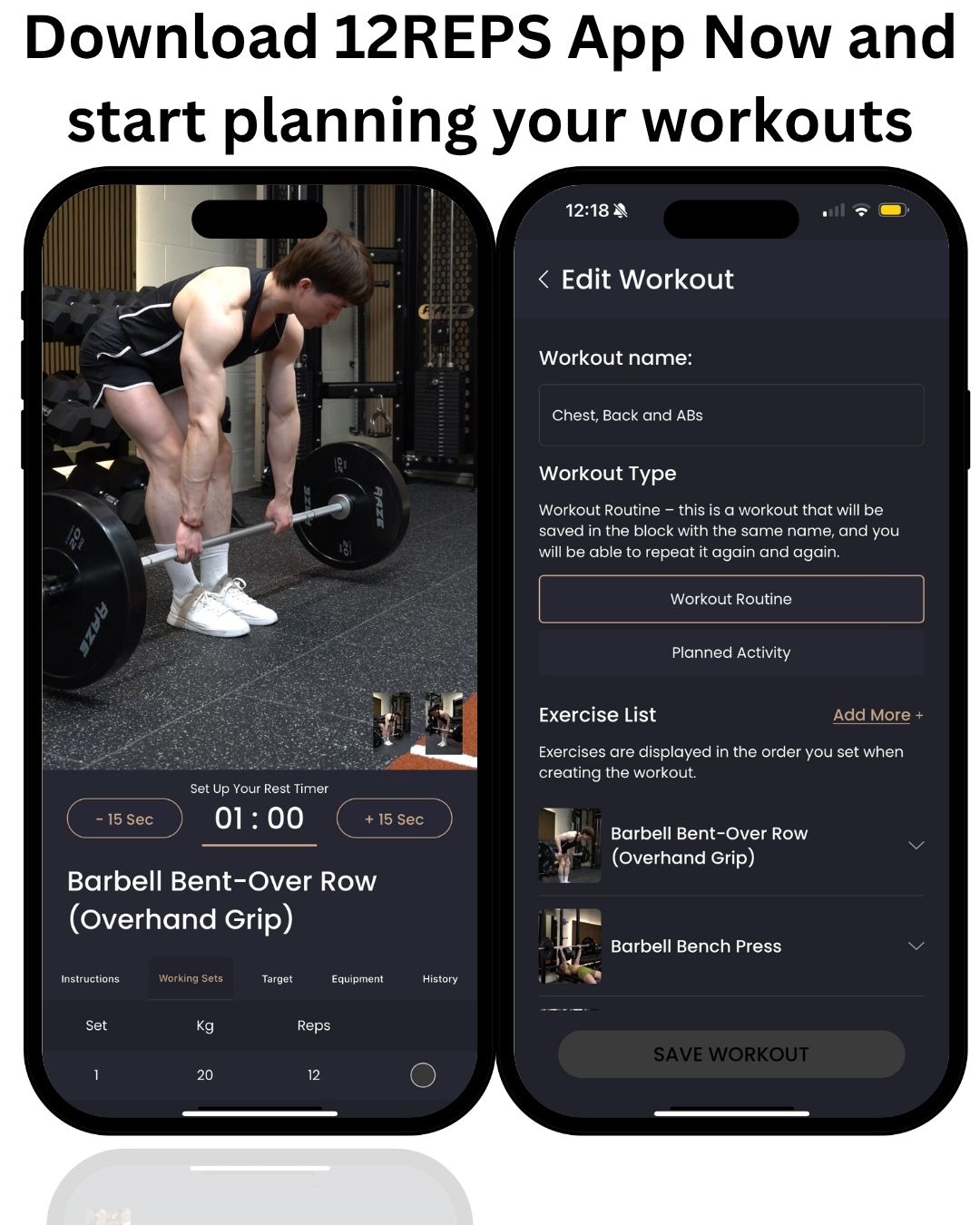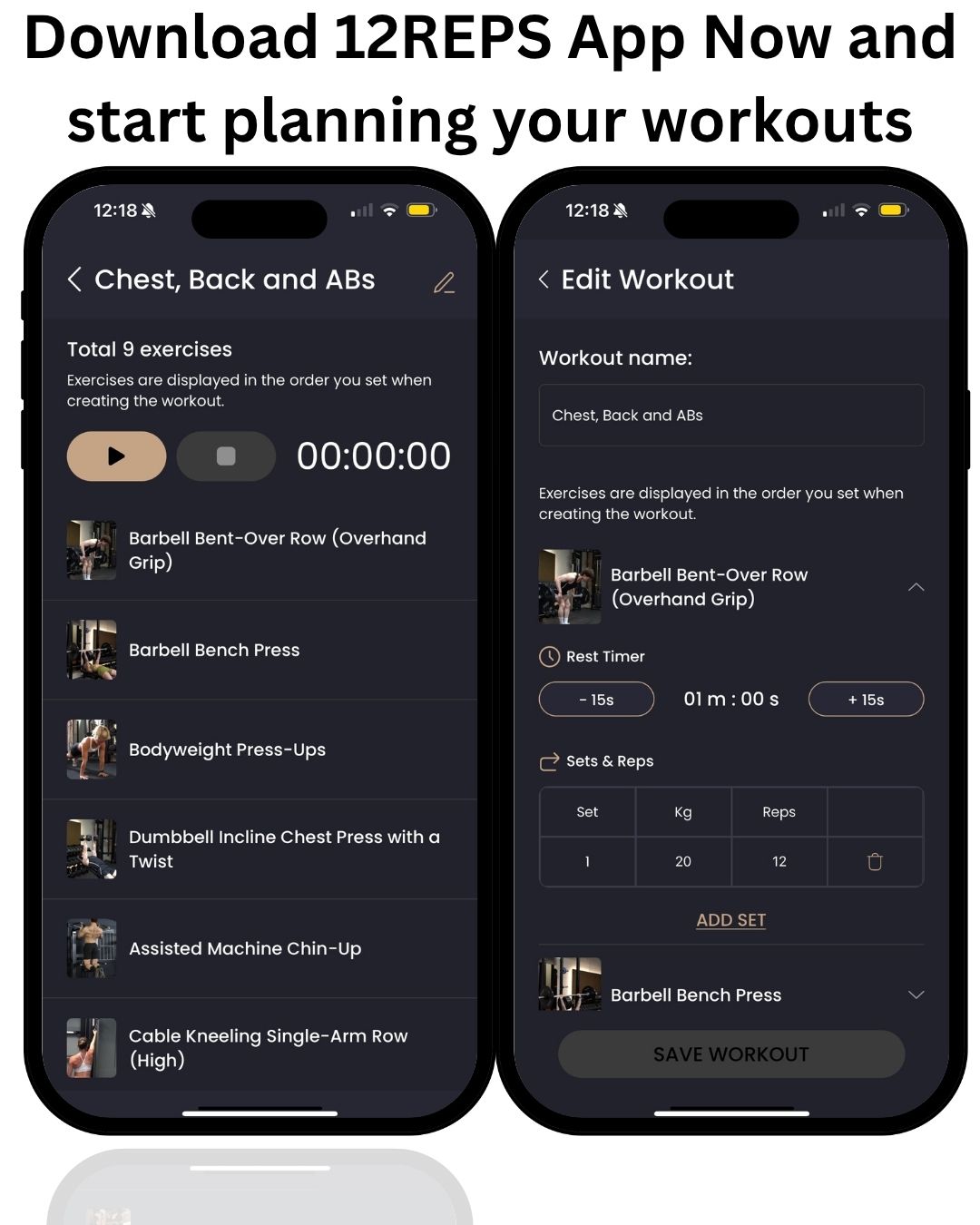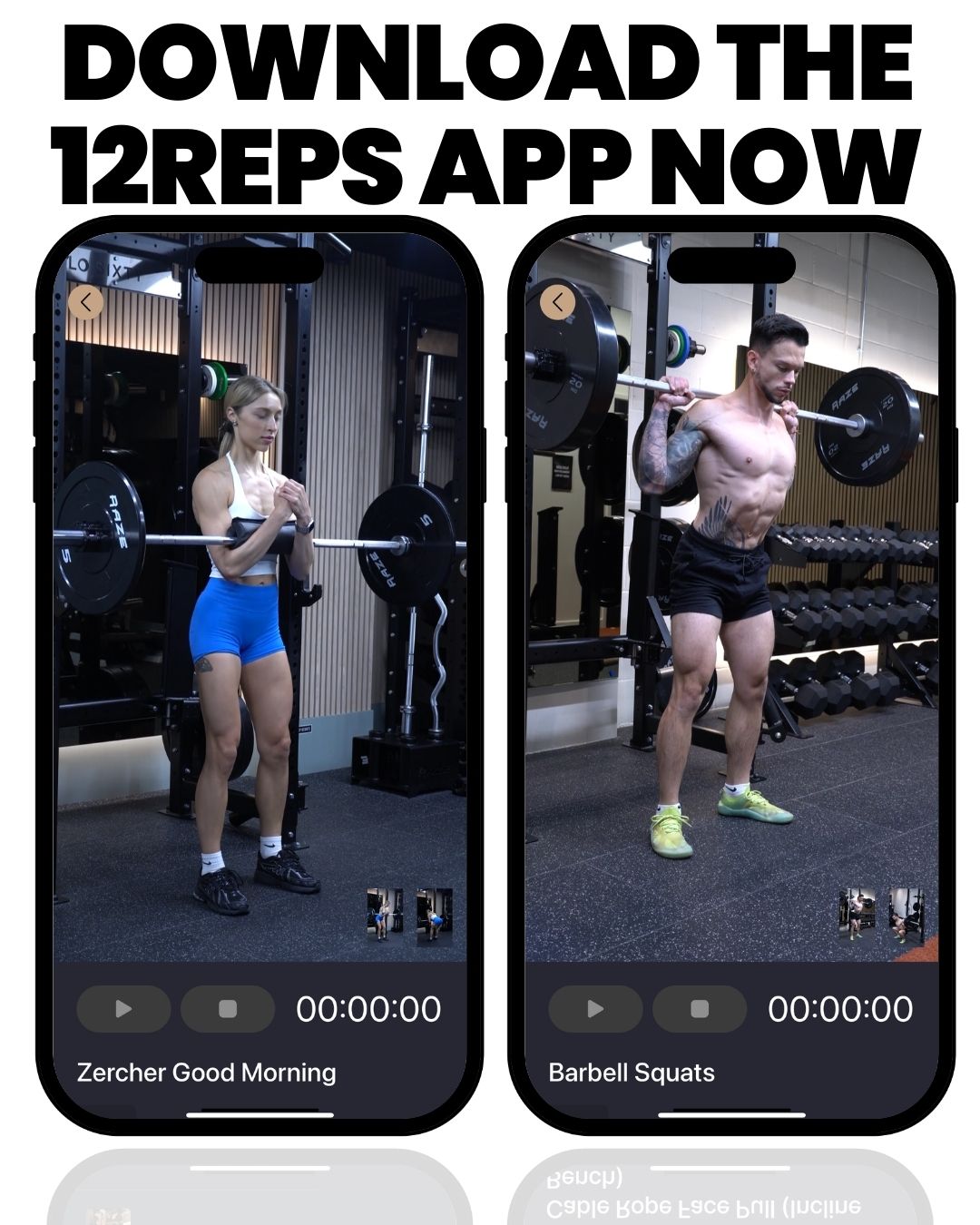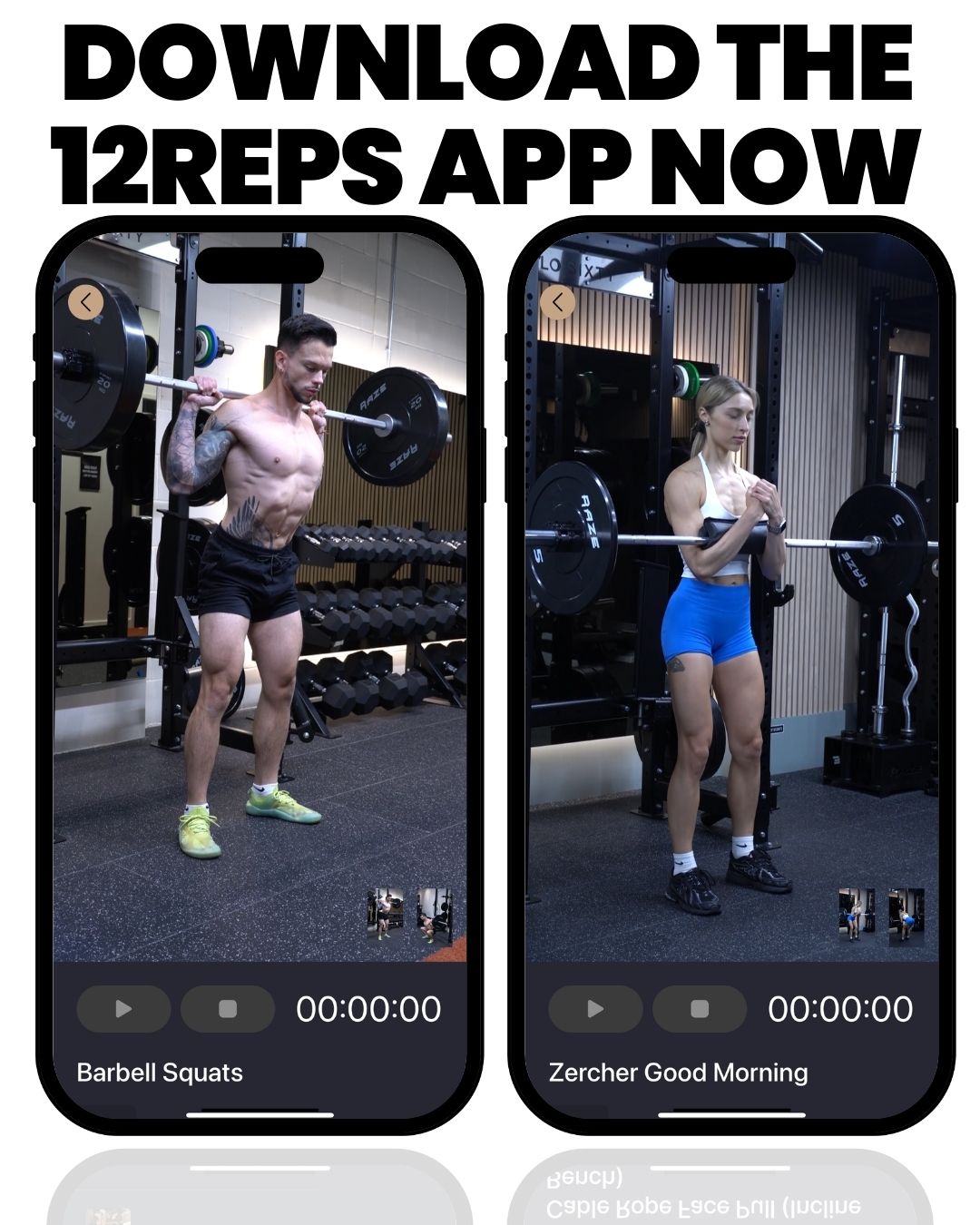A Conversation I Have Every Week
I see it all the time at the gym. A guy in his mid-30s comes up to me, looking a little defeated. He says, “Will, I’m doing everything I used to do in my 20s, but I’m just not seeing the results. I’m tired all the time, and I feel like I’m losing my edge. I saw an ad for this testosterone booster… do you think it’ll work?”
Low energy? Struggling to build muscle? The ads are everywhere, promising a magic pill to boost your testosterone and restore your youthful vigor. But can a bottle of herbs really turn back the clock? The market for testosterone boosters is a multi-billion-dollar industry preying on the insecurities of men over 30. It’s easy to fall for the hype when you’re looking for an edge.
This article will give you the hard truth. We’ll examine the science (or lack thereof) behind these supplements and I’ll tell you what actually works for supporting healthy testosterone levels, based on my decade of experience training guys just like you. The foundation is lifestyle, supported by smart tools like the 12reps app.
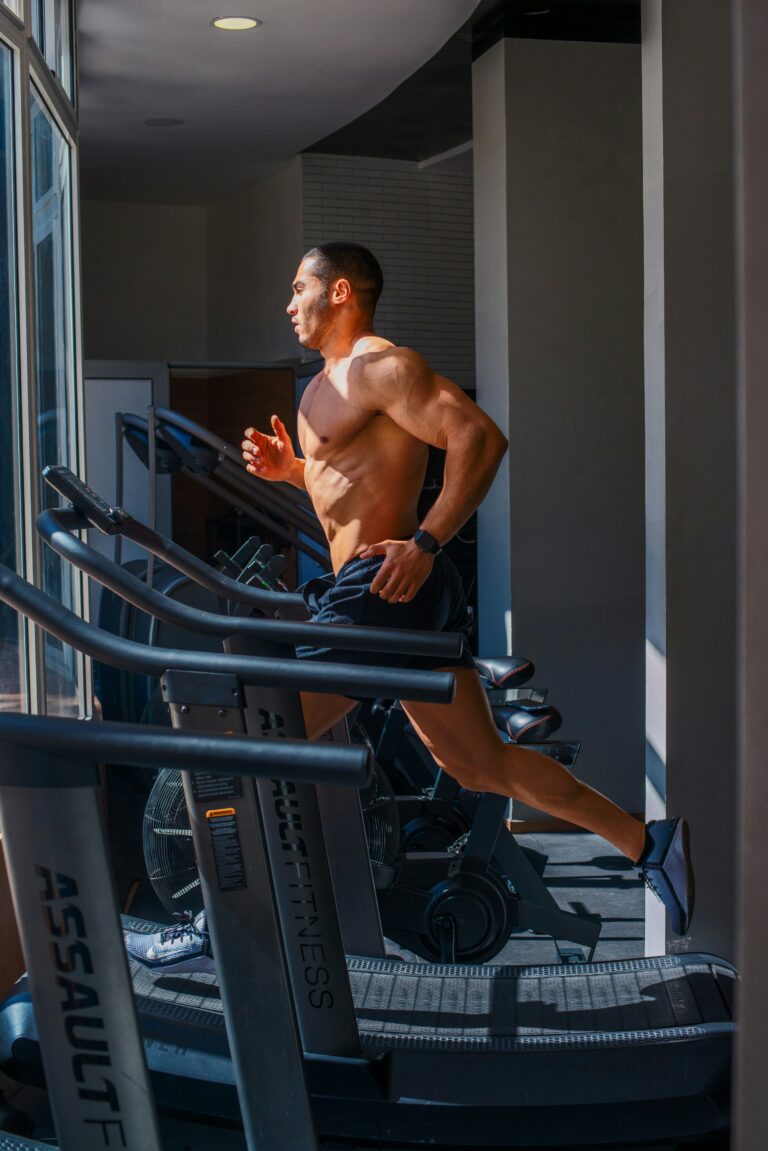
What's Actually in Those "T-Boosters"?
The vast majority of over-the-counter testosterone boosters are a cocktail of vitamins, minerals, and herbs that have very little, if any, direct impact on testosterone levels in healthy men. [1]
Here are some of the most common ingredients you’ll see:
- D-Aspartic Acid, Tribulus Terrestris, Fenugreek: Studies on these are either inconclusive, show a negligible effect, or were funded by the supplement companies themselves. I’ve seen guys waste hundreds of pounds on these with nothing to show for it.
• Zinc and Magnesium (ZMA): These are only effective if you are deficient in them. If you eat a reasonably balanced diet, you’re probably not deficient. They don’t boost testosterone above a normal range.
The verdict from years in the trenches? For most men, these supplements are a waste of money. They don’t address the root cause of potential hormonal decline.
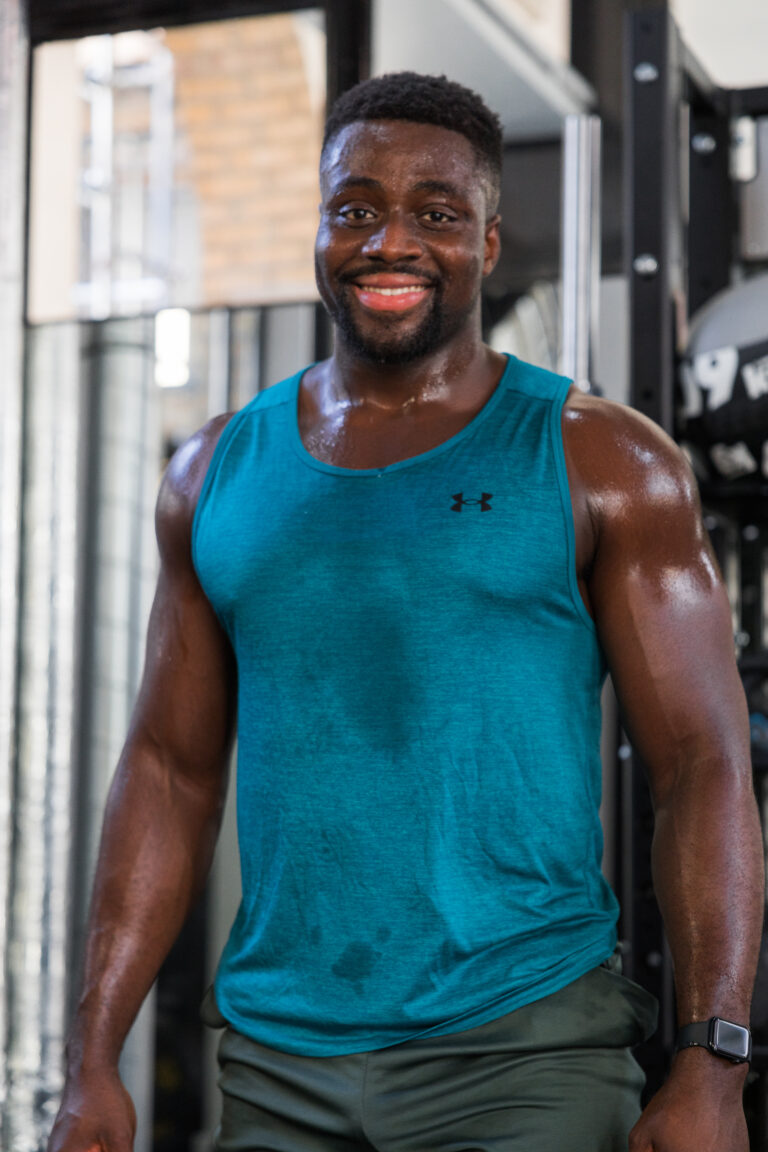
The Real "Testosterone Boosters": Your Lifestyle
If you want to support healthy testosterone levels, you don’t need a pill; you need a plan. The most powerful tools are already at your disposal. I call these the 4 Pillars of Hormonal Health, and I drill them into every single one of my clients.
1.Lift Heavy Weights: Intense strength training is a potent natural signal for your body to produce more testosterone. [2] When you push your muscles hard with compound exercises like squats, deadlifts, and bench presses, you’re telling your body it needs to get stronger and adapt. That’s the most powerful T-booster there is.
2. Get Enough Sleep: This is the one everyone ignores. Your body produces the majority of its testosterone while you sleep. If you’re only getting 5-6 hours, you’re shooting yourself in the foot. 7-9 hours is non-negotiable.
3. Manage Stress: Chronic high cortisol (the stress hormone) crushes testosterone production. They have an inverse relationship. If you’re constantly stressed from work and life, your hormones will suffer. Find healthy outlets: take a walk, meditate, listen to music.
4. Maintain a Healthy Body Fat Percentage: Excess body fat, especially around the midsection, increases an enzyme called aromatase, which converts testosterone into estrogen. By staying lean, you keep more of your precious testosterone.
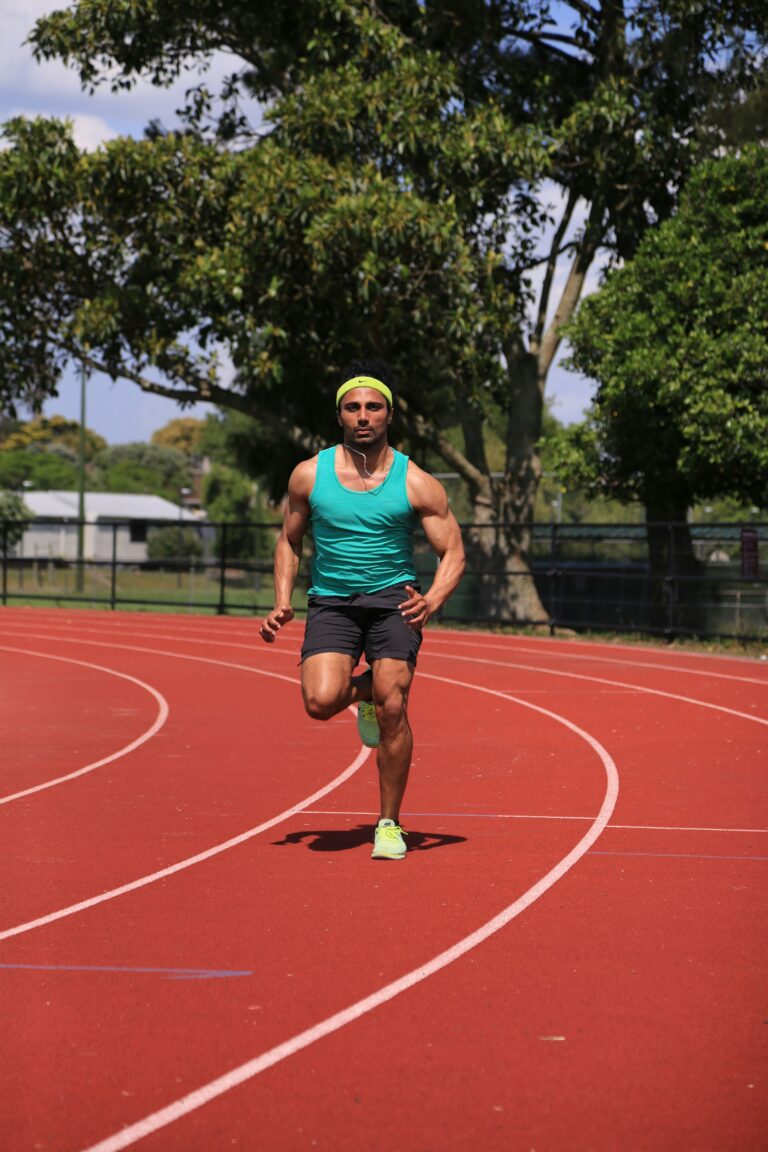
When to See a Doctor (and What to Do in the Meantime)
If you genuinely suspect you have low testosterone (symptoms include chronic fatigue, low libido, depression, and trouble concentrating), the answer isn’t a supplement from the internet; it’s a blood test from your doctor. [3]
Testosterone Replacement Therapy (TRT) is a legitimate medical treatment for clinically low testosterone, prescribed and monitored by a doctor. It is nothing like an over-the-counter “booster.” Don’t self-diagnose. Get the facts from a medical professional.
While you focus on the lifestyle factors, let us handle the training plan. The 12reps app provides the intense muscle buildingworkouts that naturally support hormone health. Download the 12reps app and build your foundation.
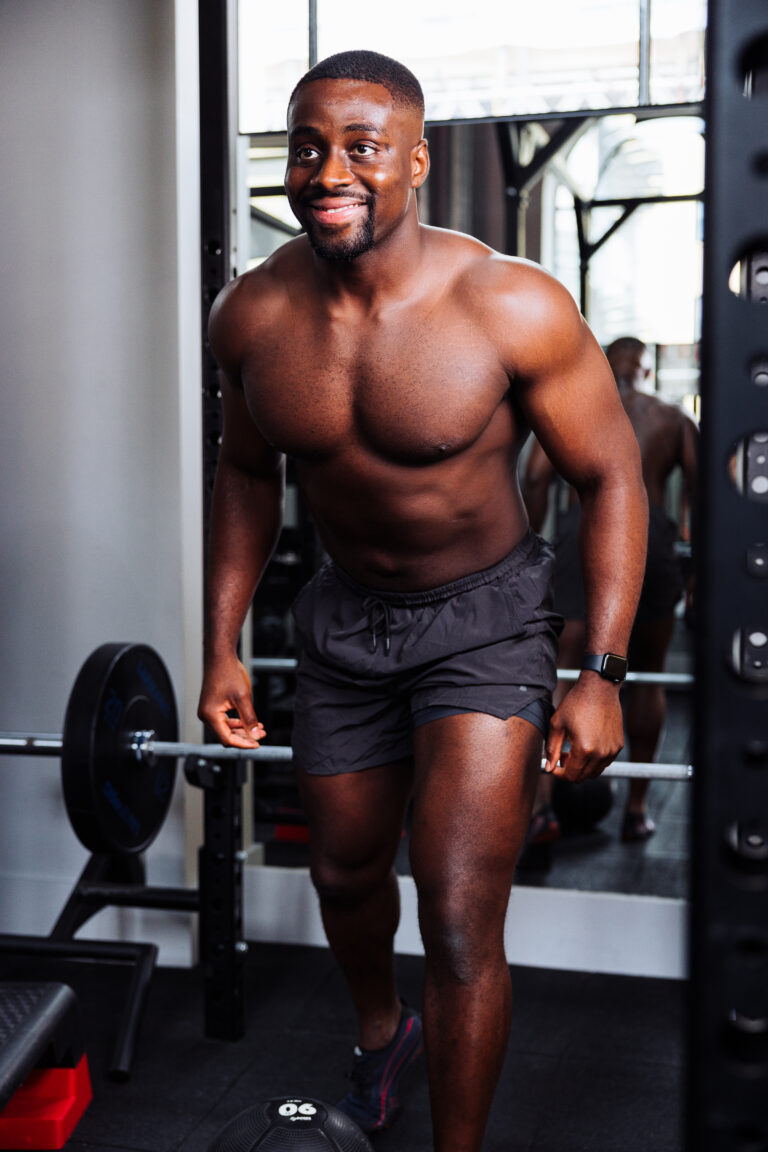
When to See a Doctor (and What to Do in the Meantime)
If you genuinely suspect you have low testosterone (symptoms include chronic fatigue, low libido, depression, and trouble concentrating), the answer isn’t a supplement from the internet; it’s a blood test from your doctor. [3]
Testosterone Replacement Therapy (TRT) is a legitimate medical treatment for clinically low testosterone, prescribed and monitored by a doctor. It is nothing like an over-the-counter “booster.” Don’t self-diagnose. Get the facts from a medical professional.
While you focus on the lifestyle factors, let us handle the training plan. The 12reps app provides the intense muscle buildingworkouts that naturally support hormone health. Download the 12reps app and build your foundation.

Stop Wasting Your Money
Over-the-counter testosterone boosters are largely ineffective. The real keys to healthy testosterone are lifting weights, sleeping well, managing stress, and staying lean. If you’re truly concerned, see a doctor.
Stop wasting money on hype. Take control of your health with the proven, powerful tools of a healthy lifestyle. Your body will thank you.
Ready to build a body that naturally supports optimal hormone levels? Start your free trial of the 12reps app.
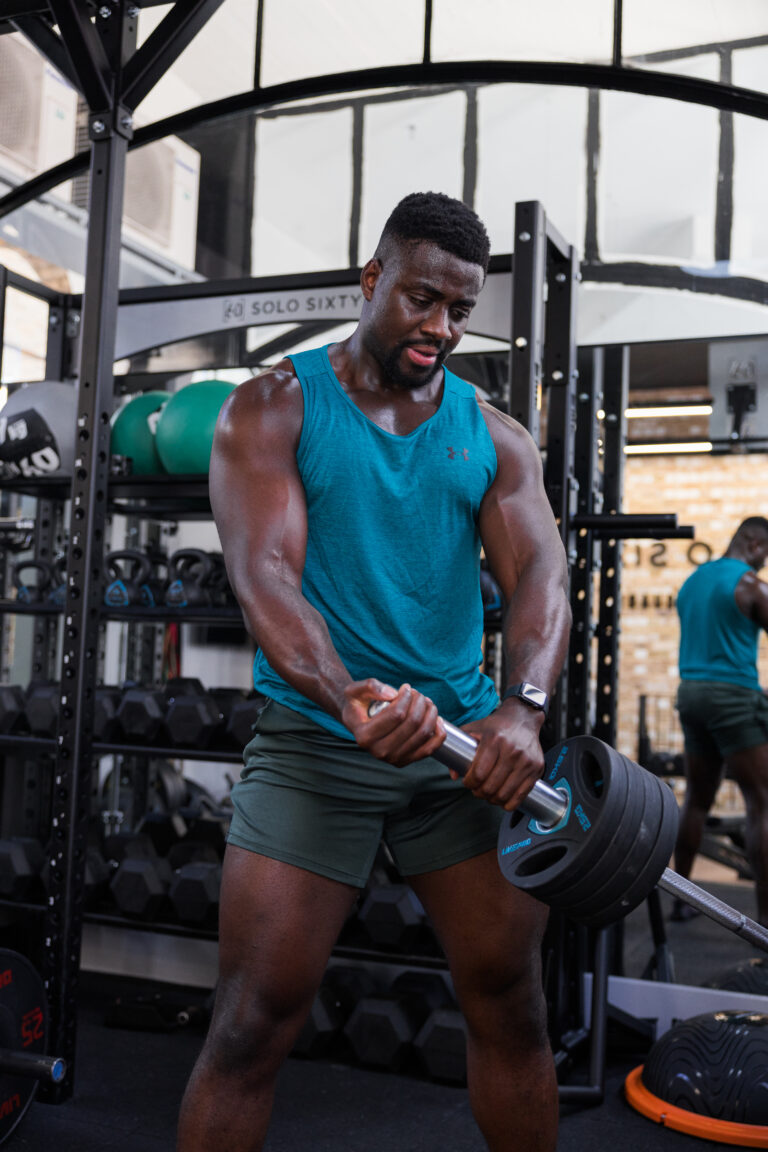
References
- [1] Clemesha, C. G., Thaker, H., & Samplaski, M. K. (2020). ‘Testosterone Boosting’ supplements composition and claims are not supported by the academic literature. The World Journal of Men’s Health, 38(1), 115–122. https://www.wjmh.org/DOIx.php?id=10.5534/wjmh.190043
- [2] Vingren, J. L., Kraemer, W. J., Ratamess, N. A., Anderson, J. M., Volek, J. S., & Maresh, C. M. (2010). Testosterone physiology in resistance exercise and training. Sports Medicine, 40(12), 1037-1053. https://pubmed.ncbi.nlm.nih.gov/21058750/
- [3] Cleveland Clinic. (2023, October 24). Low Testosterone (Male Hypogonadism). https://my.clevelandclinic.org/health/diseases/15603-low-testosterone-male-hypogonadism


